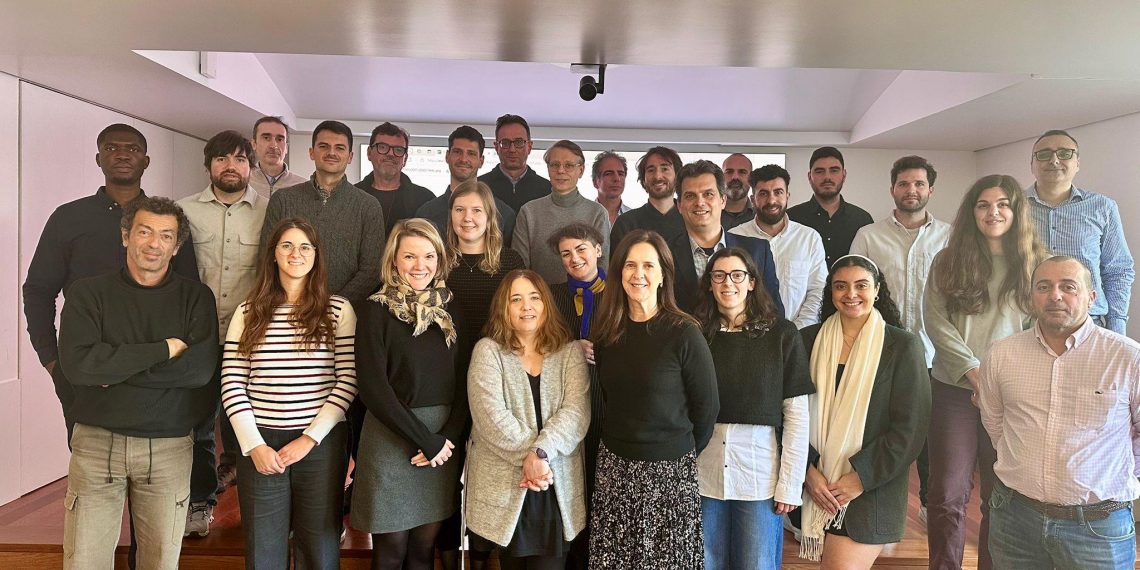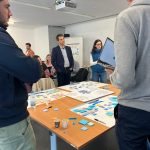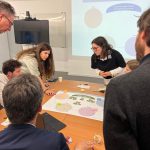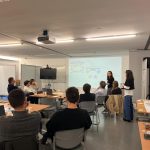Homes in Europe are estimated to be responsible for approximately 40% of the European Union’s energy consumption and 36% of greenhouse gas emissions. DECODIT, a European project featuring INESC TEC, will support the energy transition of homes, through the development of digital services to support citizens in the decision-making process of renovating and managing the energy of their homes. These services will help us choose the solutions that best meet our personal needs.
DECODIT will lead to key results, other than a simple set of digital services to support decision-making. The project will directly involve citizens in the process of designing said services, to ensure that the solutions developed meet their needs. Through a process of co-creation – and also considering the consumers’ “journey” – the consortium behind this European project will empower citizens, so they can be part of the process of modernisation and improvement of the energy efficiency of buildings.
The DECODIT tools will provide clear, personalised and comparable guidelines, considering the different levels of digital and energy literacy of people, helping them perceive and choose the best energy-saving options for their homes. Some include the analysis of energy suppliers and renewable energy/storage solutions, the assessment of residential renovation scenarios, and the evaluation of electrification opportunities for heating, cooling, and mobility.
But how will people co-create and test said services? Through four residential pilots taking place in four countries – Latvia, Spain, Greece, Switzerland – that are very different in terms of building features, cultural and regulatory frameworks, weather conditions, economic status, etc. “Our contribution to the project focuses on supporting the creation of the four living labs of the project, and on developing and supporting the application of a service design approach for the development of digital tools for the energy transition,” said Lia Patrício, member of the Board at INESC TEC.
The pilot activities will be carried out with the different actors in the energy sector value chain, namely suppliers, service providers (ESCOs), distribution system operators (DSOs) and energy communities. The tools will rely on federated services and data from multiple and various service providers.
Finally, the project will implement a platform that provides citizens a safe space to manage information about their homes, and an AI-driven assistant that (in an interactive and simple way) offers recommendations on energy efficiency, suggesting cost-saving solutions. The system will also include energy suppliers and professionals, including a toolbox to analyse the energy performance of buildings and plan renovations effectively. This toolbox will also support the decision from a financial point of view, for example, by helping to assess the eligibility of loans for residential improvements – benefiting from data-driven information on building performance and renovation plans.
To facilitate the widespread adoption of these energy transition services, DECODIT will also propose changes to policies, regulations and business models. In addition, it aims to reduce barriers to funding mechanisms, thus encouraging investment in energy efficiency solutions.
DECODIT is funded by the European Union’s Horizon Europe Programme and brings together a consortium of 18 partners from 11 countries. In late January, the INESC TEC team involved in the project – also featuring researchers Giulianna Reyes and Francisca Lucas Dias – hosted a workshop focused on developing several co-creation activities with the partners, towards testing and advancing the DECODIT methodology.
The researcher mentioned in this news piece is associated with INESC TEC and the Faculty of Engineering of University of Porto.







 News, current topics, curiosities and so much more about INESC TEC and its community!
News, current topics, curiosities and so much more about INESC TEC and its community!